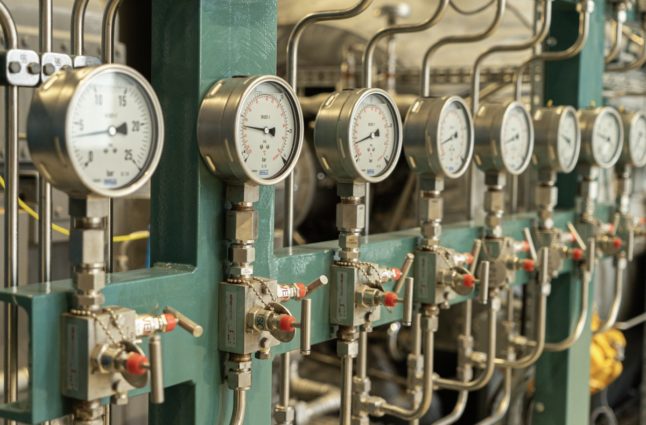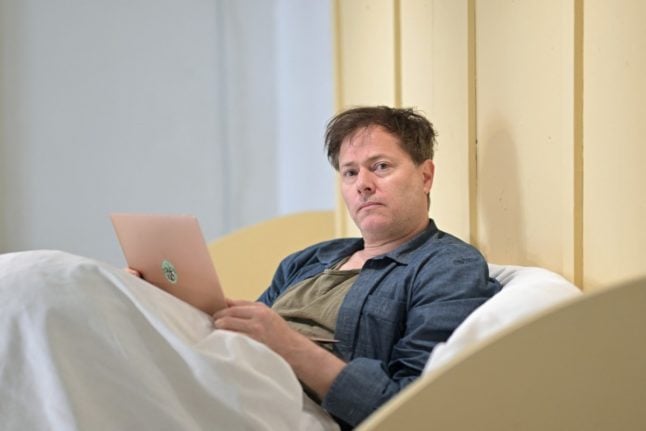The “Vienna Heat Plan 2024” was presented this week which outlines a concrete strategy for replacing the city’s 600,000 currently installed gas heating systems with renewable energy alternatives.
Vienna has committed to ending its reliance on fossil fuels for heating and hot water by 2040.
As part of this goal, the capital wants to replace around 600,000 gas heating systems with renewable energy alternatives. On Monday May 8th the city presented the “Vienna Heat Plan 2024”, providing a clear plan for this transition.
The plan considers all buildings in the urban area and identifies where it is possible to expanding district heating, referring to a centralised heating system which efficiently serve multiple buildings.
The goal is to make district heating completely climate-neutral by 2040. Additionally, the plan also identifies areas where alternative solutions may be necessary, reported ORF.
The plan divides areas in three categories
The areas in Vienna have been categorised into three groups based on demand and local conditions.
The first category include areas where district heating is most suitable.
The second category refers to areas with good potential for local heating networks. These networks can accommodate smaller, localised heating systems that serve buildings located close to each other. Additionally, the third category includes areas where individual climate-neutral heating solutions are needed for single buildings or properties, ensuring necessary adjustment to specific needs of a property.
Additional divisions within these groups have been made, considering factors like existing district heating connections and the possibility of expansion. The city wants to expand the district heating network to cover 1,700 kilometres in the future, according to Vienna.at.
READ ALSO: Austria climate activist aims to take fight to Brussels
Geothermal energy planned to be used in outer districts
The areas selected for local heating networks are mainly situated in the outer districts of the city. In those areas authorities plan to use geothermal energy, heat derived from the Earth’s core. Through the use of heat pumps, the plan is to supply heat to multiple buildings simultaneously, reported ORF.
READ NEXT: Vast Vienna wastewater heat pumps showcase EU climate drive



 Please whitelist us to continue reading.
Please whitelist us to continue reading.
Member comments